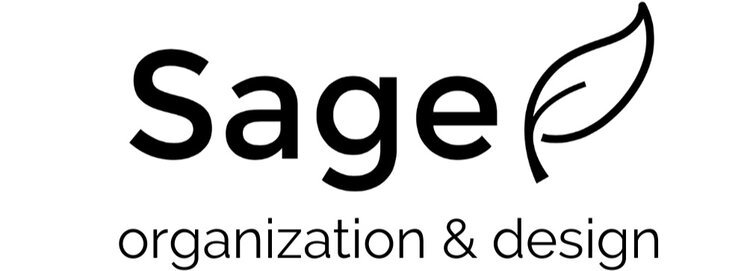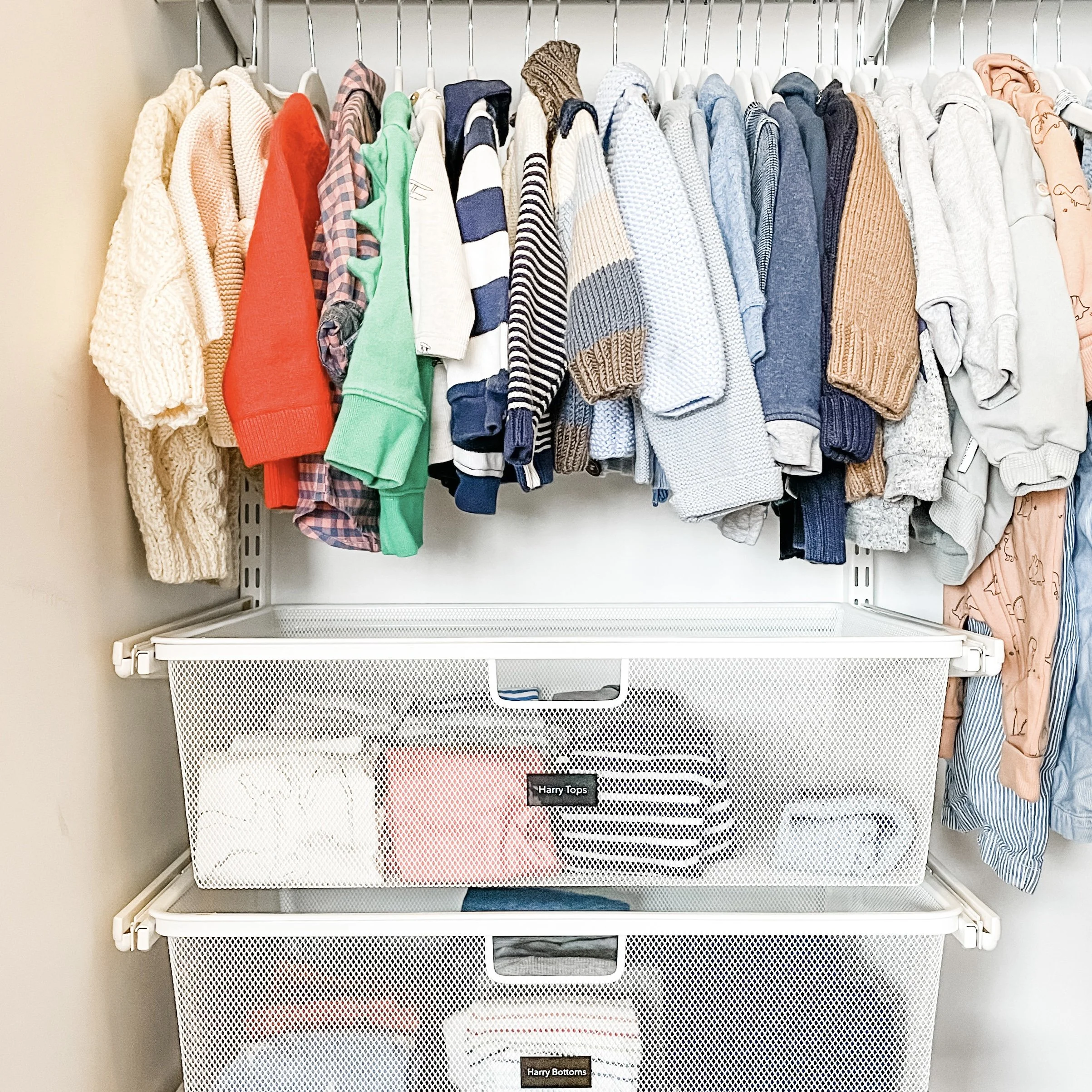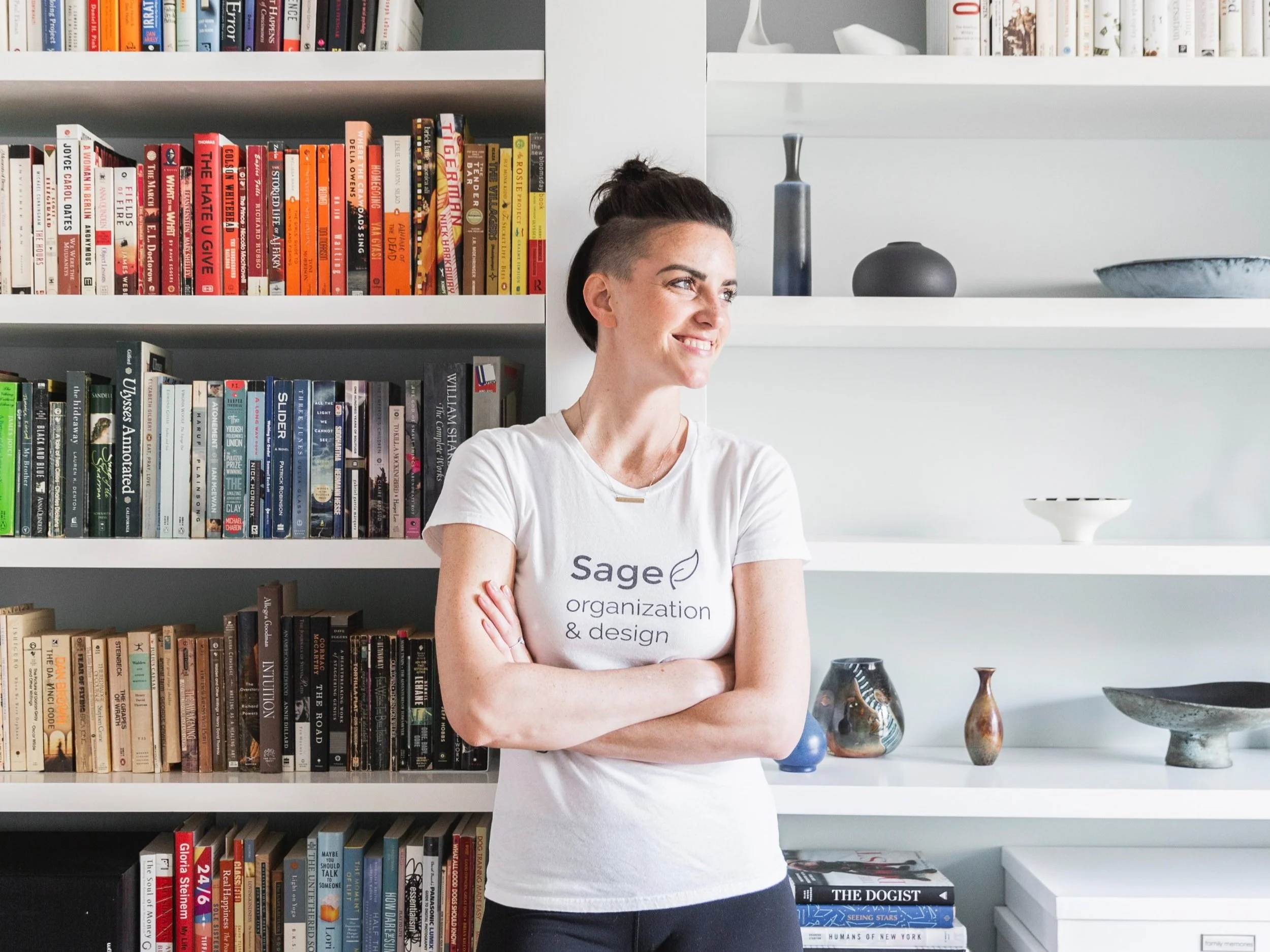Decluttering can often be easier said than done.
Sure, it can be easy to know which clothes, shoes, or accessories you haven’t worn or used in a year and most of us can recognize items that no longer serve a purpose in our lives ( let’s be real, the majority of us don’t struggle to discard items from a bad breakup). But what about those special, sentimental items, memorabilia, or gifts from family and friends?
The items in these categories are much tougher to let go of than others, even by us pro’s!
So, this month on the blog I am outlining some of these harder-to-decide items and giving you different perspectives and questions to ask yourself to help make these tough choices a little easier.
1. Gifts
One major category our clients struggle with when it comes to decluttering is gifts. Whether it's from loved ones, friends, or neighbors, people tend to hang onto items purely because they were given, regardless of whether the items are useful or add value. You may think you HAVE TO hold onto something because it was a gift but we believe that the beauty of a gift is in the giving, not in the gift. The moment of bestowing and receiving an item is where the real magic happens because of the thoughtfulness, generosity, and love - not necessarily the item itself. So, if it’s not something that is serving you, pass it along, rather than letting it take up space and collect dust (which would probably not please the gifter anyway!).
2. Sentimental Items
Another challenging category when editing is sentimental items. Keeping memories is human nature and so many physical things can represent important milestones, events, or experiences. However, the item does not necessarily equal the memory. We change and develop as we grow and some items may not retain the same value to us as time passes. I recommend going through your sentimental items every couple of years to edit out the things that no longer evoke strong feelings, even if they may have held value in the past.
Sage Wisdom: If any items remain sentimental but are taking up too much real estate in your home, consider taking photos of these items and compiling a physical (or better yet, digital) photo album to house these items instead. This way, you can keep the memories without the items taking up physical space.
3. Kid’s Art
I understand how precious children’s creative endeavors can be, especially during the early years when they are developing and learning new things every day. But let’s face it - your child is probably not the next Picasso (mine isn’t either). It’s okay to hang onto their art for a limited time but eventually, it’s going to need an edit. Its helpful to set a limit for yourself by creating an art box. Once the box is full, look through all the pieces and whittle them down. If the bin remains full, practice the “one in, one out” rule. Be realistic about the volume of stuff your space can comfortably contain. (You can also utilize our Sage Wisdom here by creating a photo album of your child’s artwork or use a service like Artkive).
4. Baby Items
To avoid sounding like a broken record, I’m going to keep this category short and sweet. Struggling to edit out early memories of your baby’s life is so common. They start so small and grow so fast that it’s easy to keep items to hang onto the memories of those early days. I suggest keeping one (or two) of a given category: one rattle, one toy, one onesie, etc. Unless you plan to have another baby, you don’t need to keep any more than that.
5. Passed Family Members
This is probably the toughest category to go through because when it comes down to it, the items and the memories are all you have left of those cherished individuals. However, it’s important to think about what that person would want for you: they probably would not want you to be bogged down by their stuff. So, be intentional about what of theirs you’d like to hang onto. There’s nothing wrong with keeping what we call “legacy items” that deliver a certain memory, make you feel connected, and serve you. Holding onto items that they used or loved (especially ones that are practical) can bring you joy whenever you use or see it, giving lightness to a loss.
Because of what I do professionally, when my father passed away I was in charge of the majority of the decisions of what to keep, donate, and toss. For me, it made the most sense to keep things that my dad loved but also served purpose. I kept his umbrella, a set of vintage Pyrex mixing bowls, some brand new towels, all very practical items. Every time it rains, I think of my dad keeping me dry. I knew he wouldn’t want me to keep his stuff around just to keep it. After all, it's about love and memories, not about the stuff.
General Questions to Ask Yourself (while you Edit)
During editing sessions, we focus on guiding clients through the decision-making process rather than telling them what to keep, toss, or donate—those choices are entirely theirs! Here are some of the questions we use to help them make their own decisions:
Is this item serving you? (If not, could it be serving someone else?)
Does it have a purpose? (If not, could it be useful to someone else?)
Is it earning real estate in your home? (If not, it’s costing you $$)
Was it your style years ago but no longer fits your current style? (Chances are, it won’t come back in that exact style and you’ll want an updated version)
Do you have a similar item that is always a first choice, making this item 2nd or 3rd choice? (if so, keep your first few choices and let your third-stringers become someone else’s first!)
The relief you experience after completing an editing session can be so transformative. It can deliver a little bit of tranquility in an ever-changing and chaotic world. Going through sentimental items, keepsakes, and gifts can be overwhelming but I hope these tips can help you let go of some of the physical clutter that might be causing you anxiety. There are so many individuals and groups in need, and by letting go of the items that are no longer serving you, you may open up an opportunity for someone else to benefit.
Not sure what to do with the items you’re parting with? We’ve got you covered - download our FREE Donation Guide!



